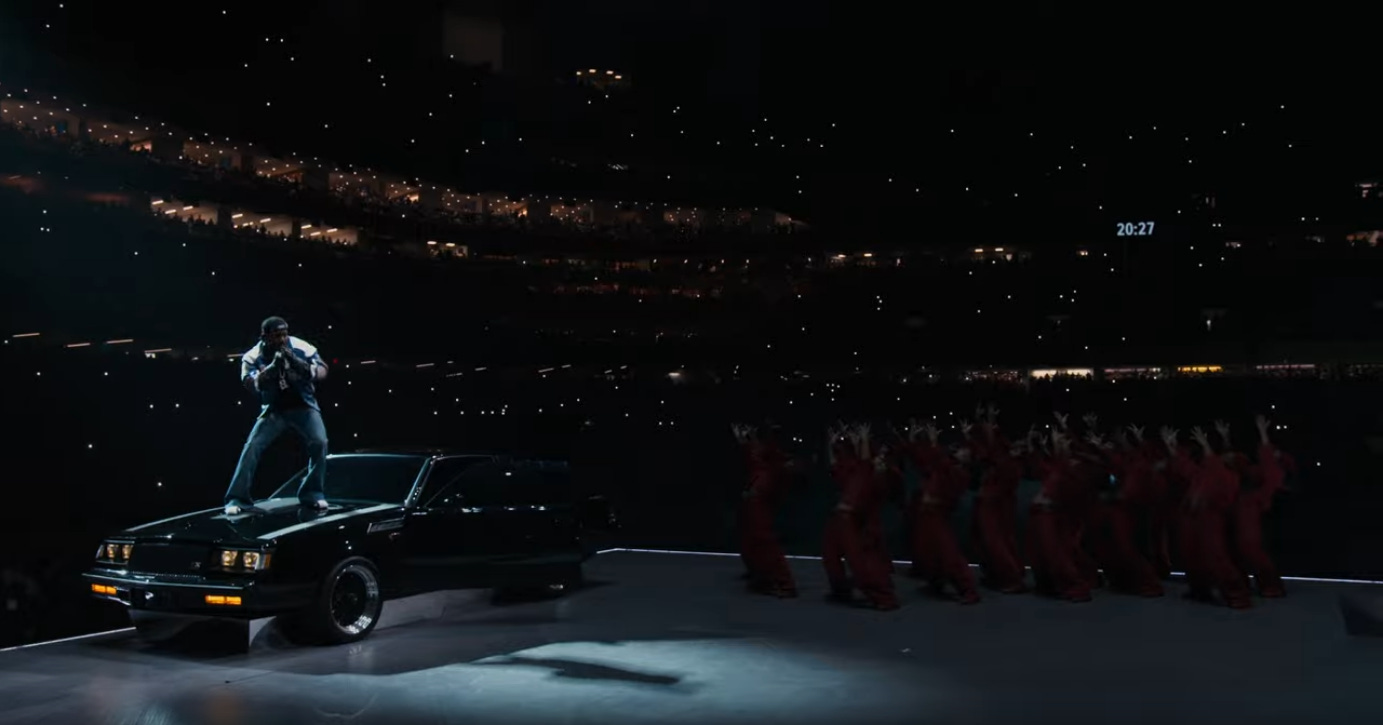Kendrick Lamar's Halftime Show Was A Masterclass Of Storytelling In Depth
The Compton native's skills were on full display in New Orleans, and it wasn't just Drake who took a beating.
“The revolution will be televised, you picked the right time, but the wrong guy.”

The beauty of art is that it is, in some cases, entirely subjective. The meaning of any song, painting, movie, poem, sculpture, et cetera, etc, is going to be in the eyes of the beholder. What do you, t…


